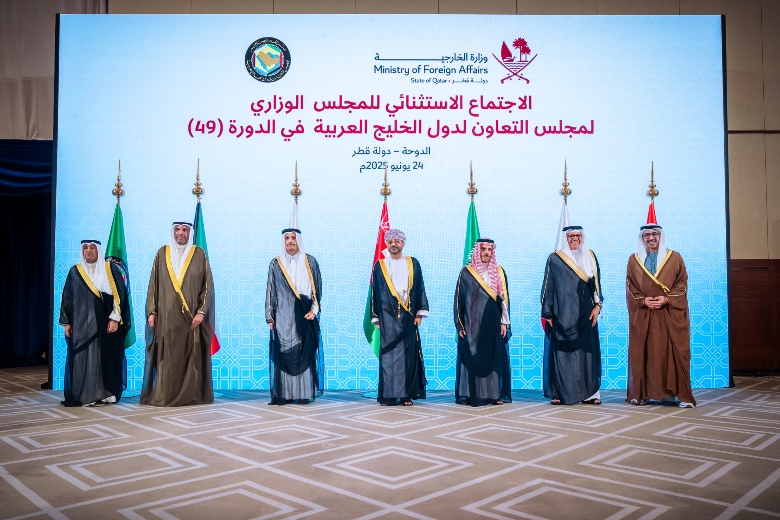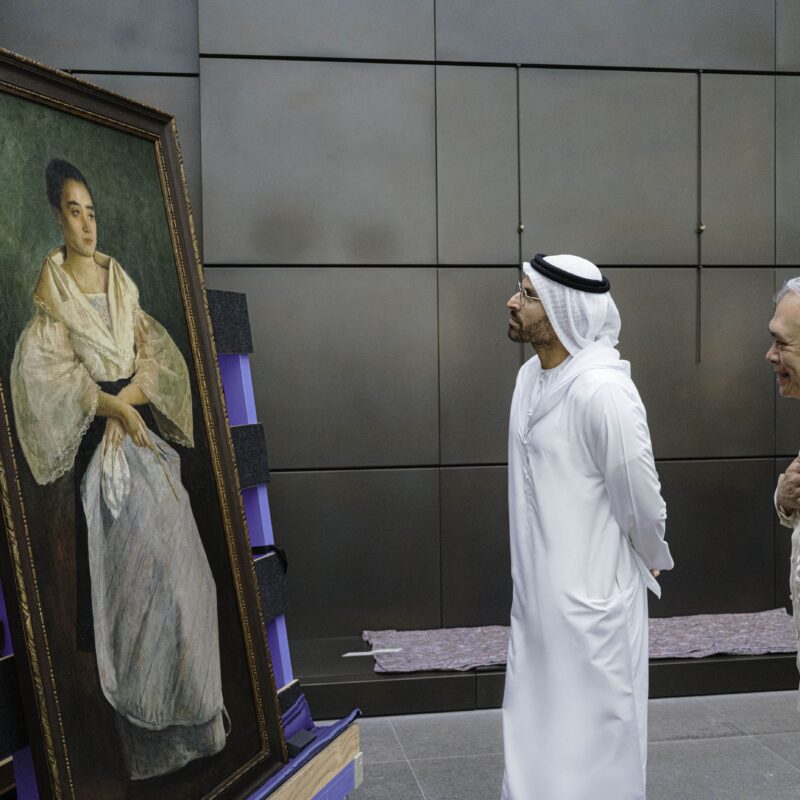Recent Issues
The Weekly Circuit
May 30, 2022
👋 Good Monday morning in the Middle East!
Here comes Air Force One: As President Joe Biden prepares to visit Israel toward the end of June, reports that Israeli business executives have been finding their way to Saudi Arabia...








